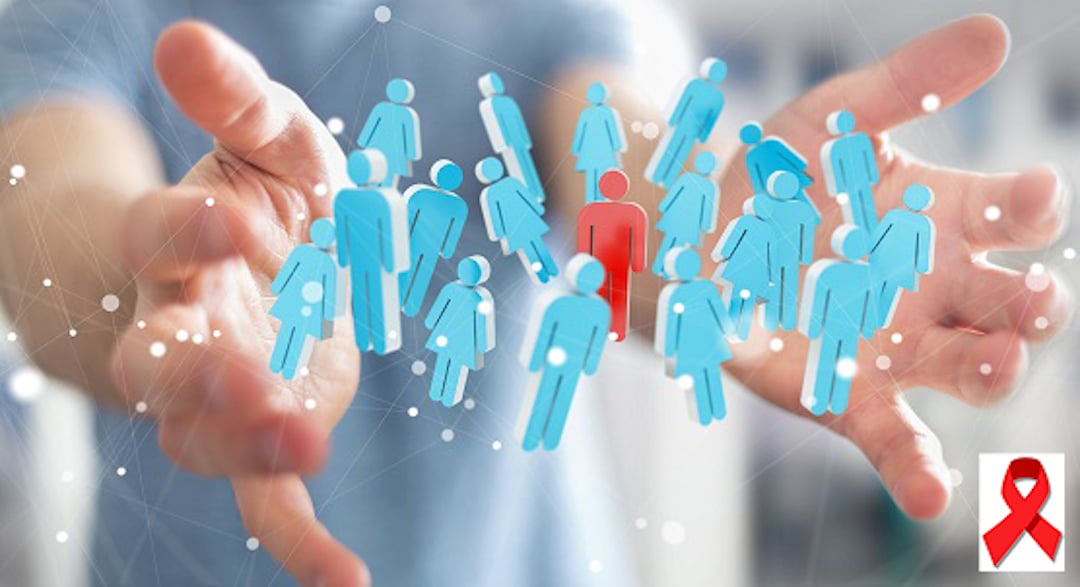


STI stands for ‘sexually transmitted infection’. This is also called an STD (sexually transmitted disease). STIs are infections that pass from person to person through sex. This includes anal, vaginal or oral sex.2a,3a
Some STIs can also be spread through non-sexual means such as via blood or blood products. Many STIs – including syphilis, hepatitis B, HIV, chlamydia, gonorrhoea, herpes and HPV – can also transmitted from mother to child during pregnancy and childbirth.1h STIs are caused by bacteria, parasites or viruses. HIV is a viral STI.
Not all people have symptoms and may be asymptomatic. In this instance, STIs can still be transmitted to other people regardless of the presence of symptoms in an infected person.2c


Interventions such as male circumcision and vaginal microbicides show some promise in being effective against viral STIs.1j
| Even STIs with no symptoms can cause complications, be transmitted (spread) to sexual partners, and enhance the risk of HIV transmission.4a It is therefore important that all people living with HIV get regularly tested and treated for STIs.4b |

Disclaimer
This e-brochure has been auto-translated for your convenience. While machine translations are helpful, they may contain errors. Medinformer is actively working to have all translations reviewed by professional, mother-tongue language speakers, though this process will take time. For the most accurate information, please refer to the original English version. Medinformer and its partners cannot be held responsible for any inaccuracies that may result from the translation.
Thank you for your understanding.